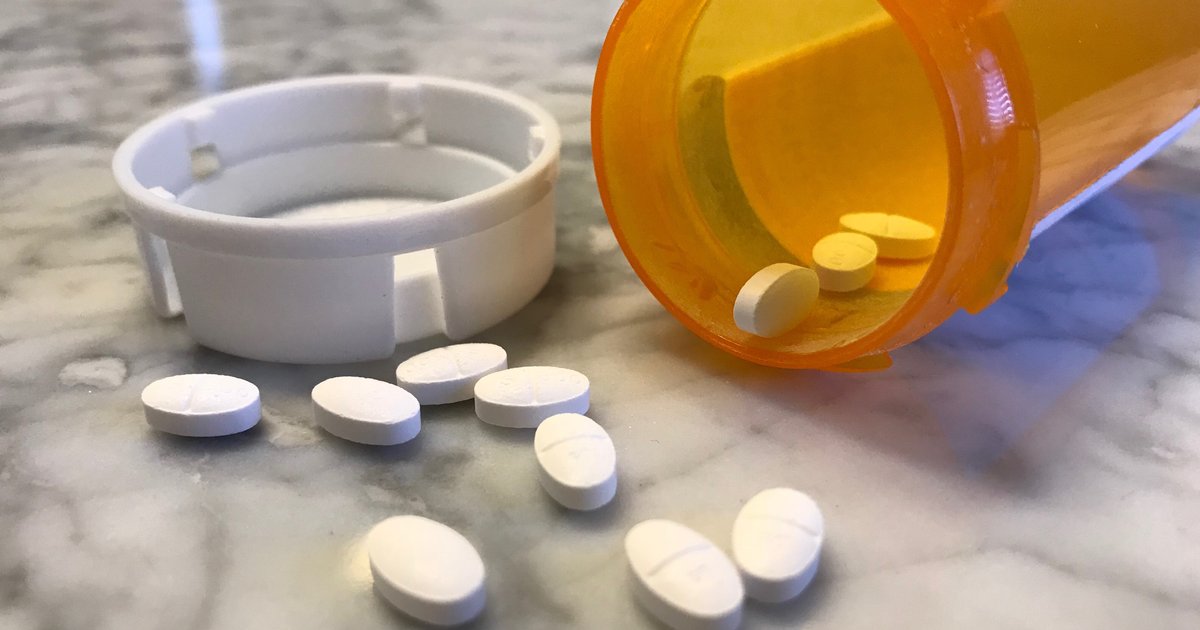Diagnosing And Treating Akathisia
Beta-Blockers
Other medications effective at relieving akathisia are beta-blockers or beta-adrenergic antagonists. They are often the first medication doctors recommend for their patients with akathisia. Scientists do not know exactly how beta-blockers work, but they probably block the neurotransmitters that affect dopamine pathways. The usual dose of beta-blocker is between ten and thirty milligrams taken three times a day. They are contraindicated for patients who have respiratory problems such as asthma or chronic obstructive pulmonary disease because beta antagonists also cause the airways to narrow. Even if the patient does not have these problems, a beta antagonist needs to be taken under a doctor's supervision. Some of these cause a drop in both heart rate and blood pressure.
Continue reading to reveal the next method of treating akathisia.
Antidepressants

Antidepressants are also used to treat akathisia, even though there are types of antidepressants that can put a patient at risk for the disorder in the first place. However, some have been shown to be effective at relieving the symptoms of akathisia, such as mirtazapine, which is taken orally in tablet form and is prescribed by the doctor. As with beta antagonists, doctors do not know how mirtazapine works, though it may raise levels of the neurotransmitter serotonin in the brain. Interestingly, doctors believe akathisia itself may be caused by an imbalance between serotonin and dopamine in the central nervous system.
Keep reading for more information on how to treat akathisia now.
